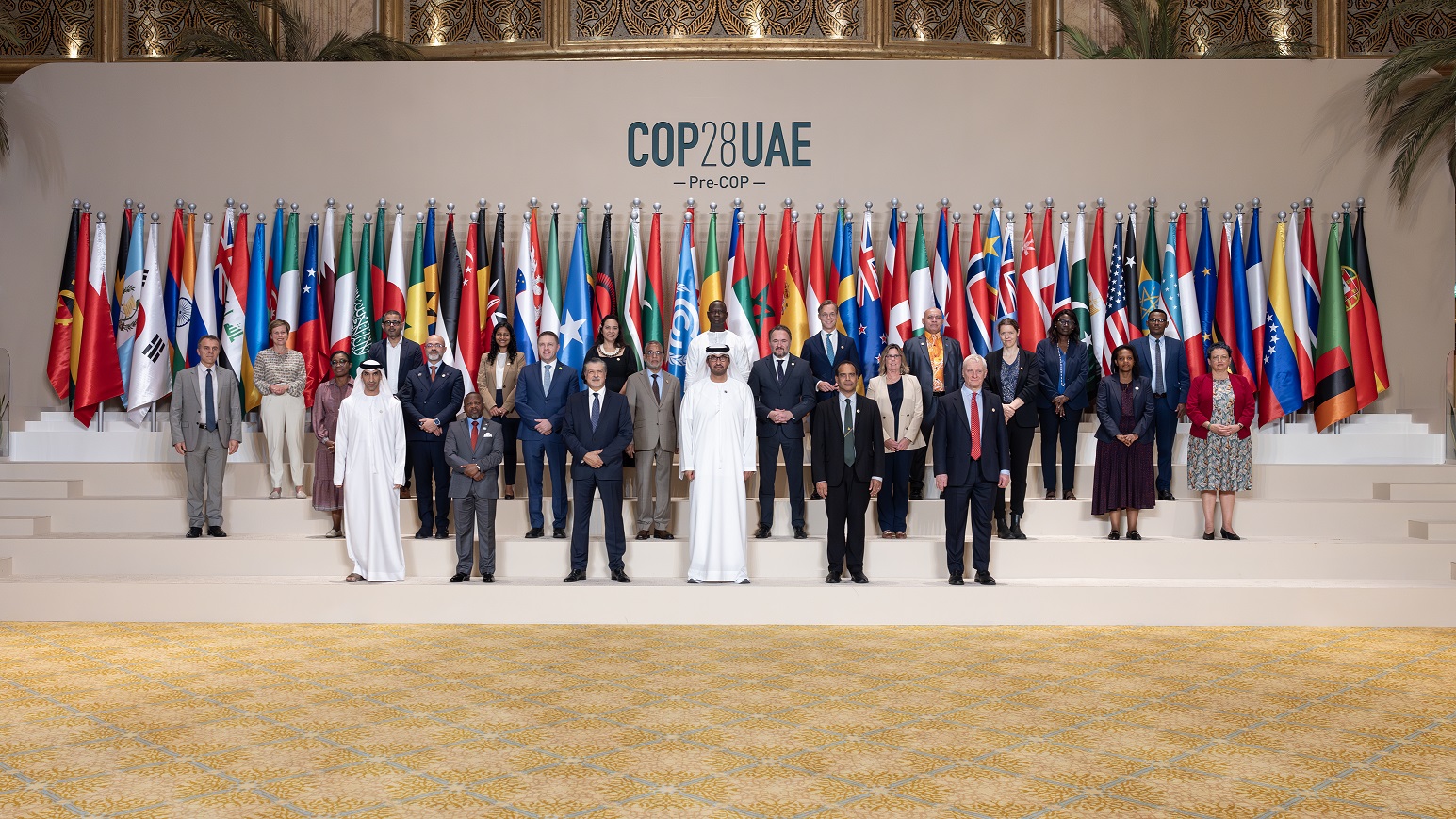In this time of deep international uncertainty around the consequences of COVID-19, it is essential to grab the golden opportunity to inspire systems change and the large scale transformation that is needed for our societies and economies to tackle the longer term problem of climate change while preventing a recurrence of crises like COVID-19.
Behind these crises is our accelerating destructive interaction with the environment. COVID-19 and many similar diseases would not have passed on to humans if it were not for reduced habitats, biodiversity loss, and destructive food cycles and interactions with wild animals. Not tackling climate change dramatically increases the risk of new pandemics and other environment-related disasters. While an unpredictable crisis caused by a pandemic led to world-wide action in just a few months, the many more severe risks from the climate crisis have not led to similar concerted action. This must change.
While the world has agreed to work towards the transformative Sustainable Development Goals, progress has been much too slow. We now have an opportunity to ensure that the response to COVID-19 is truly transformative at national, transnational and global scales. This urgently requires worldwide commitment to potential solutions such as food beyond meat, green energy solutions, restarting the air industry and global mobility in sustainable ways, and timely evidence that can help navigate uncertainty and inform options and trade-offs.
The discussion will have a global focus. It will be of great relevance to COP-26, reflecting on global responsibilities rather than on a particular part of the world. It will discuss how evaluation could and should play a role in understanding large systems change and transformation, in exploring future scenarios that move in the direction of a sustainable and better future for our societies and economies, and our interaction with nature. We will explore how international evidence and experiences may support and learn from national and local evaluation capacities and transformational efforts.











